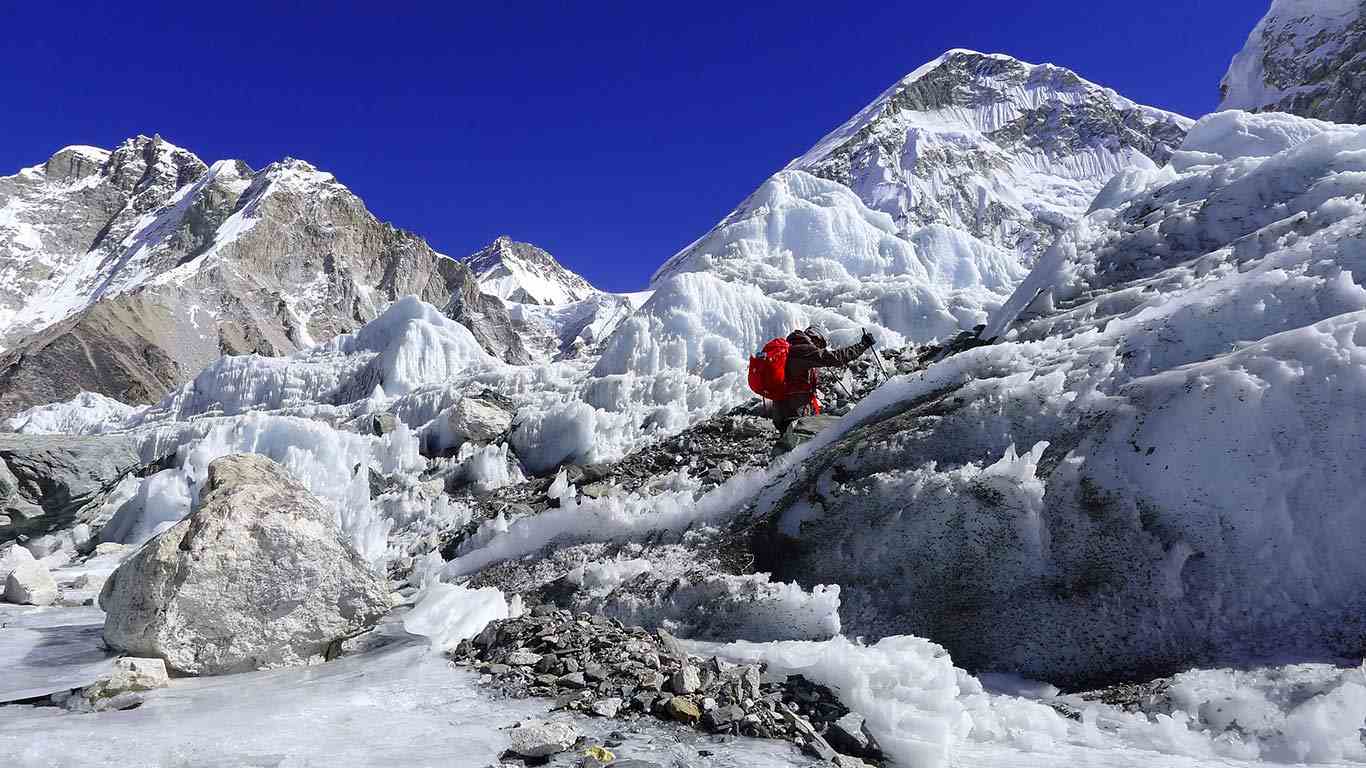Embarking on the incredible journey to Everest Base Camp is a dream for many avid trekkers. Situated in the magnificent Himalayas, this trek offers breathtaking views, cultural encounters, and an ultimate sense of achievement. However, it is important to understand the Everest Base Camp trek difficulty in order to adequately prepare and make the most of this once-in-a-lifetime experience. In this article, we provide a comprehensive breakdown of the challenges you may face along the way.
The Physical Demands
The Everest Base Camp trek is a physically demanding adventure that requires a good level of fitness. Here are the key physical challenges you need to be prepared for:
1. Altitude Sickness
The higher you go, the thinner the air becomes. Altitude sickness is a common concern for trekkers during the Everest Base Camp trek. It is crucial to acclimatize properly by spending several days at various elevations.
2. Steep Uphill and Downhill Sections
The trek involves many steep inclines and declines, which can be physically taxing. Training with regular cardio exercises and building strength in your legs will greatly improve your trekking experience.
3. Long Hiking Days
On average, expect to hike for 6-8 hours a day. While the trails are well-established, the constant walking combined with varying terrain can be physically exhausting. Building endurance through regular long hikes beforehand will help you cope with the demands of the trek.
4. Carrying a Backpack
Throughout the trek, you will need to carry a backpack containing your essentials. This can range from 5 to 15 kilograms depending on your packing choices. Being physically prepared to sustain this weight on your back for long hours is crucial.
The Environmental Factors
The Everest Base Camp trek takes place in a remote and challenging environment. Here are the environmental factors that add to the difficulty:
1. Extreme Weather
The weather in the Himalayas can be unpredictable. Harsh winds, extreme cold, and heavy snowfall are common occurrences. Facing these weather conditions requires appropriate clothing, gear, and the ability to adapt to changing circumstances.
2. High Altitude
Ascending to high altitudes exposes you to thin air, decreased oxygen levels, and colder temperatures. These factors can cause fatigue, shortness of breath, and increase the difficulty of physical exertion. Proper acclimatization is crucial to overcome the effects of high altitude.
3. Remote Location
The trek takes you through remote areas with limited infrastructure. Being far from medical facilities and supplies means you must be prepared to handle minor medical issues, such as blisters or headaches, on your own.
4. Limited Availability of Facilities
During the trek, accommodation is basic and facilities such as electricity and hot showers may be limited. This requires mental adjustment and a willingness to embrace the simplicity of life in the mountains.
The Mental Challenges
The Everest Base Camp trek demands mental resilience and strength. Here are the mental challenges you should be prepared to face:
1. Long Duration
The trek usually takes around 12-16 days, depending on the itinerary. Spending such a long time away from the comforts of home requires patience, adaptability, and determination to reach your goal.
2. Monotony
While the landscapes are awe-inspiring, the daily routine of walking for hours can become repetitive. Maintaining mental focus and finding moments of joy in the simple pleasures of the journey is essential.
3. Cultural Differences
The Everest Base Camp trek takes you through remote Sherpa villages, where cultural norms may differ from your own. Embracing and respecting local customs and traditions can be both enriching and challenging.
4. Emotional Connection
The trek has a deep emotional impact on many trekkers. The physical challenges, connection with nature, and personal growth experienced during the journey can evoke a wide range of emotions. Preparing for this emotional rollercoaster can help you better deal with its effects.
Conclusion
The Everest Base Camp trek is undoubtedly a demanding adventure that requires careful preparation. Understanding the physical, environmental, and mental challenges will help you navigate the difficulties and fully embrace the incredible experience that awaits at the roof of the world. With proper training, the right mindset, and a sense of adventure, conquering the Everest Base Camp trek is within reach for those willing to take on the challenge.

